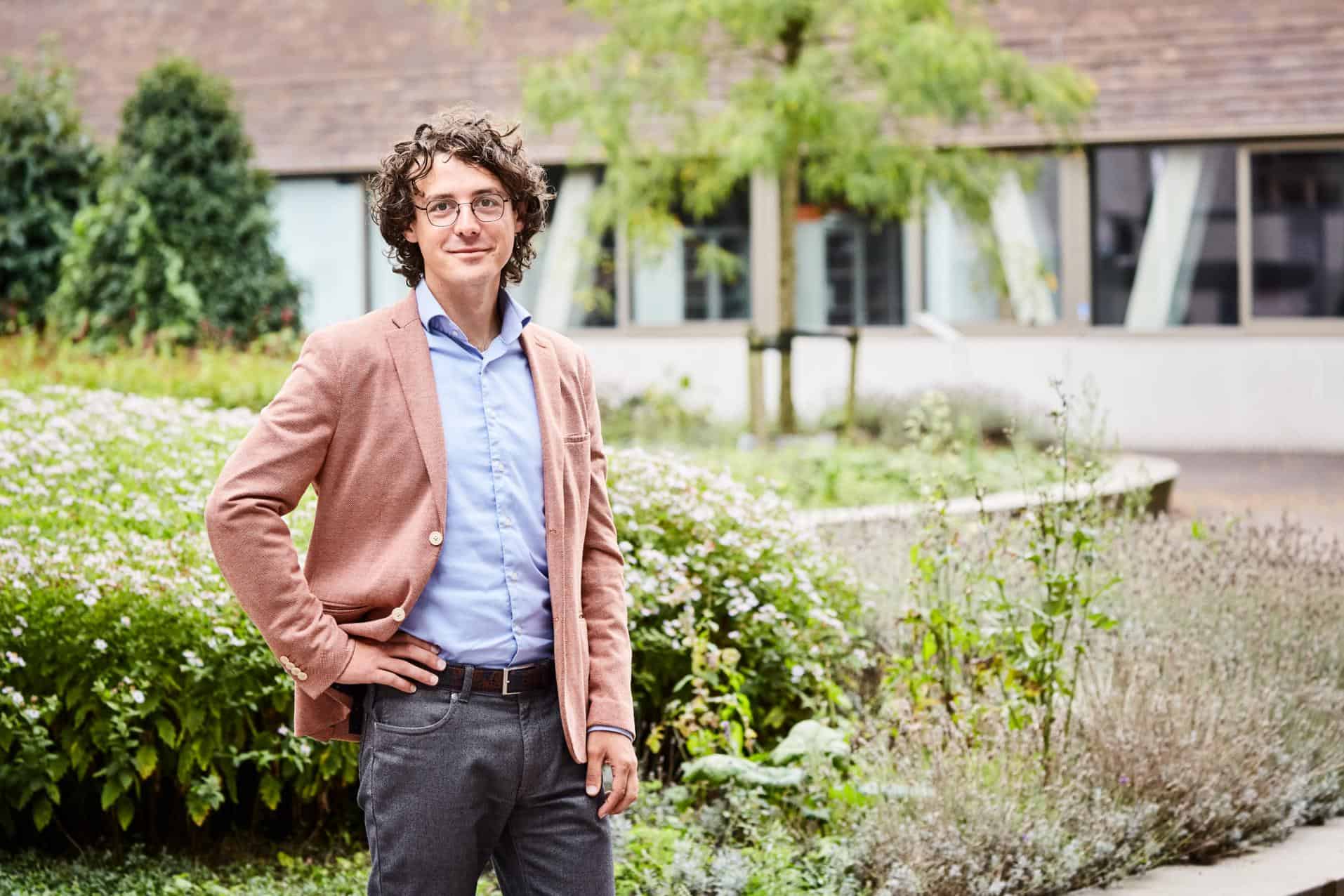
The Eindhoven University of Technology (TU/e) aims to take the lead in European research projects over the coming year. These are research projects within Horizon Europe, the new program that the European Union will be using to support research and innovation from 2021 onwards. TU/e wants to raise more funding by being more well-prepared so as to achieve better results. Crucial research areas are smart mobility, sustainable energy and artificial intelligence. Last year, the university even set up a separate institute for AI.
European money is indispensable
European funding is very important to the Eindhoven university. The university received approximately €30 million a year from Horizon 2020, the forerunner of Horizon Europe. That’s about 30% of the university’s total budget for scientific research. Especially important to TU/e are the funding of fundamental research by individual scientists and the co-financing of collaborative projects with companies.
Read more about the total European budget and policy that concerns Horizon Europe in this article.
Taking the lead
“Over the past few years, we have participated successfully in various projects under Horizon 2020. But if we want to have a say in what’s on the agenda in Brussels, we need to prepare even more thoroughly for Horizon Europe,” says Gerard Verschuren, coordinator of the research support network at TU/e. Within these programs, collaborations between universities, knowledge organizations and companies may submit research proposals. These often focus on a particular topic.
Verschuren believes that Eindhoven researchers should already be participating in the preliminary rounds of determining and formulating research topics. “At that stage, the basis for collaborations is in some cases already in the process of being laid. This leads to better proposals and therefore a greater chance of funding from Europe.” The university has also engaged an external advisor in order to do that. Moreover, Verschuren keeps a closer watch on topics that have been set out in concept versions of EU calls for research proposals. Researchers are given workshops on how to submit a good proposal as well.
Start-ups and spin-offs
Funding is also available for collaborative projects where universities, knowledge organisations and companies work together on a project at an international level. “This involves more applied scientific research. Companies can use it, for example, when they develop new products and services,” he says. In some cases this leads to patents for the university. They can use these patents to set up a spin-off, for instance. “But that’s secondary. Acquiring knowledge and developing talent are the university’s main goals.”
Impact
In the years to come, we as consumers will hardly notice any of this fundamental research. “It can take ten to twenty years before research results in an invention. Or a new technology in a product,” Verschuren explains. Although scientists are nowadays expected to specify the potential impact of their research ever more clearly when submitting an application for a subsidy. This results in more focused research. But sometimes that impact is not yet clear at all because scientists are simply not yet able to oversee the results or consequences of a particular research project. Verschuren cites an example: “Scientists once carried out research into the migration behavior of birds. That also yielded a great deal of knowledge about the spread of diseases, even though that was not the initial intention.”
Research conducted in collaboration with companies is often far more geared towards a particular application. Consequently, it often produces results far more quickly that are then tangible to the consumer. “This is very interesting in the short term, but not so much in the long term”, says Verschuren. “The Netherlands is currently in such a good position in terms of science because we have invested so much in fundamental research in recent years. This is now producing results.” Which is why he is urging more funding for fundamental research. “If we don’t invest in it now, the money will run out.”
Looking towards the future
Horizon Europe is therefore contributing to innovation. Now and in the future. On the one hand there is funding for projects that produce quick results, while on the other there is also a future-oriented outlook. This is the driving force of European policy, according to Verschuren: “Fundamental scientific research is the basis of all the technology and innovations that we are dealing with at the moment. We achieve the best results by working together across sectors, organizations and international borders.”








